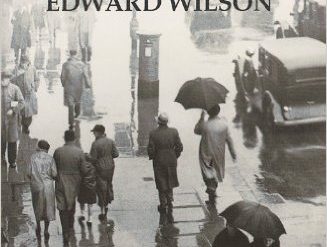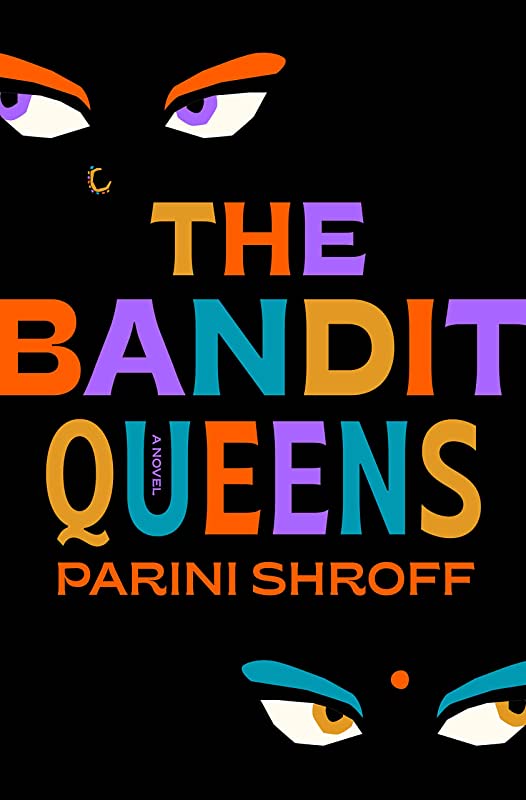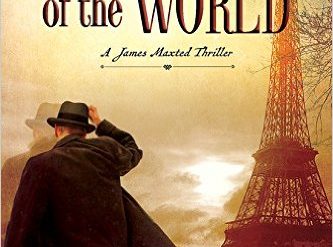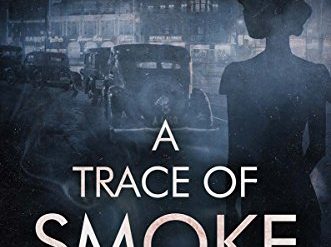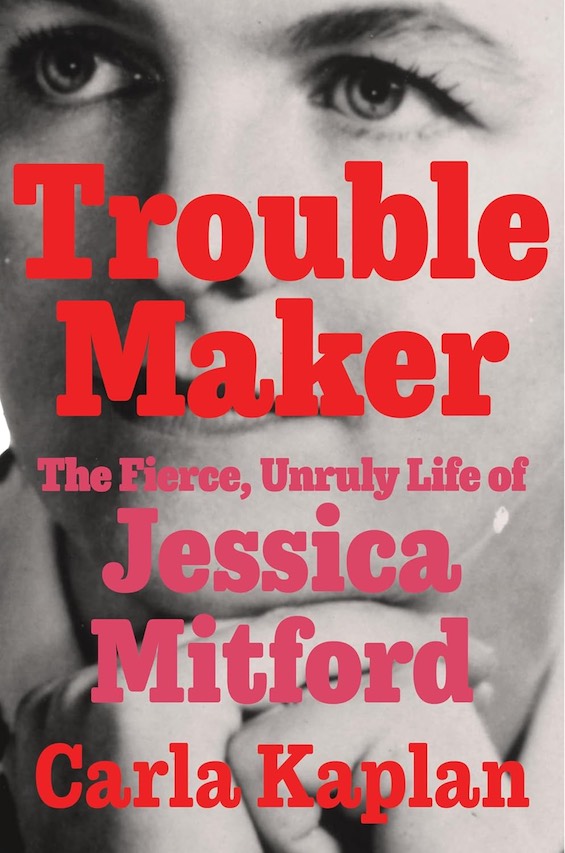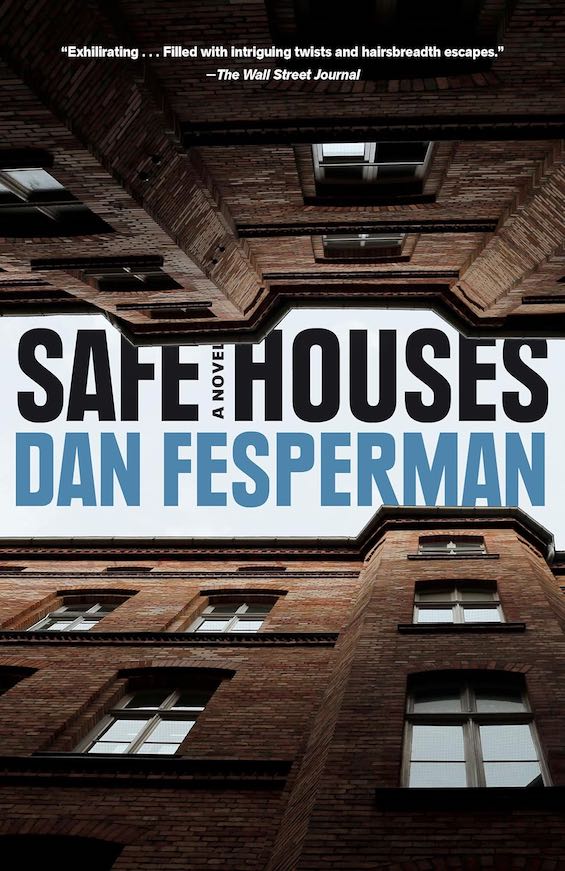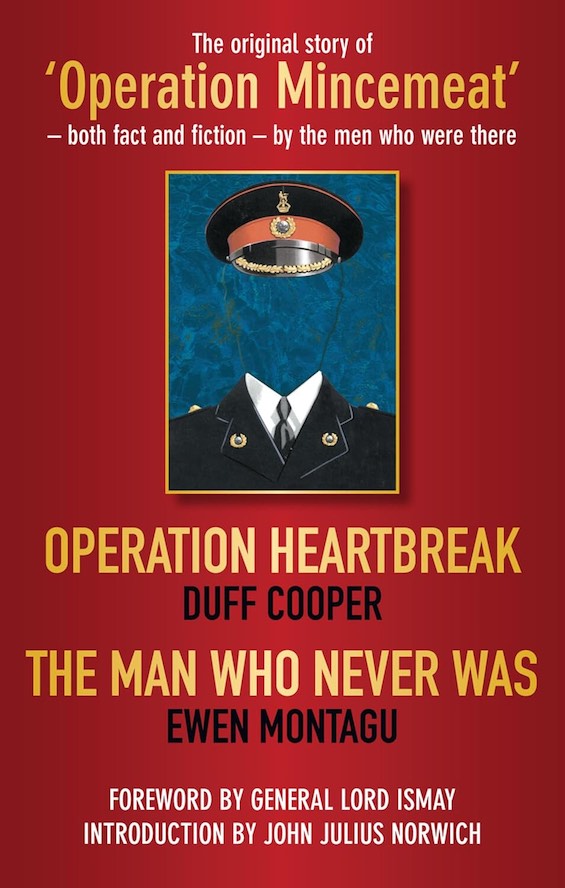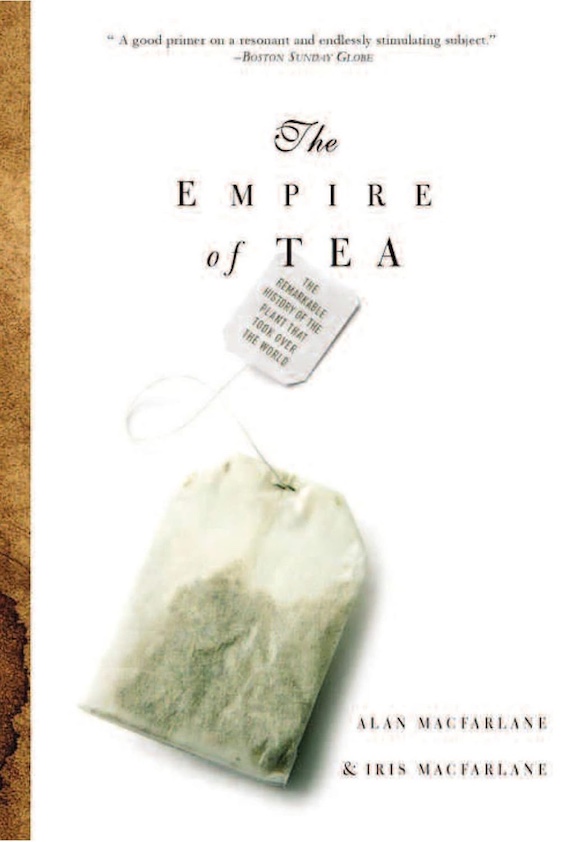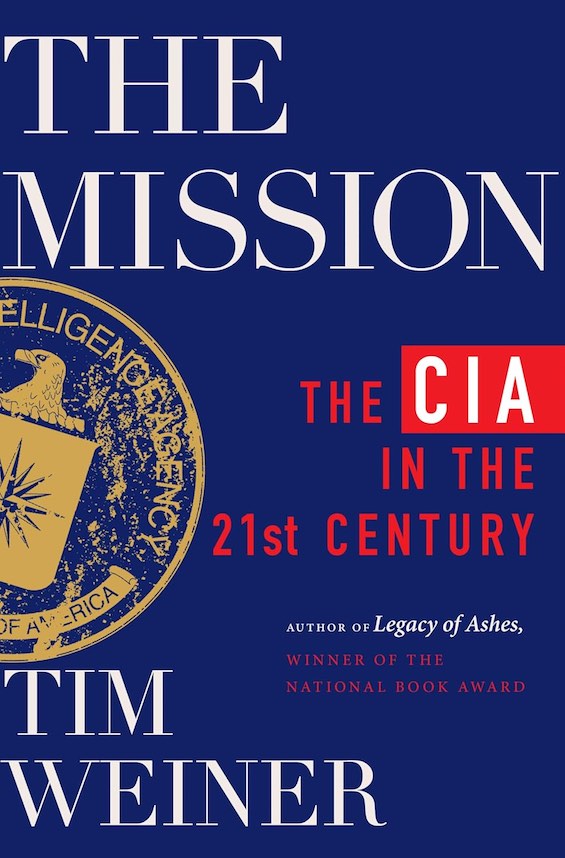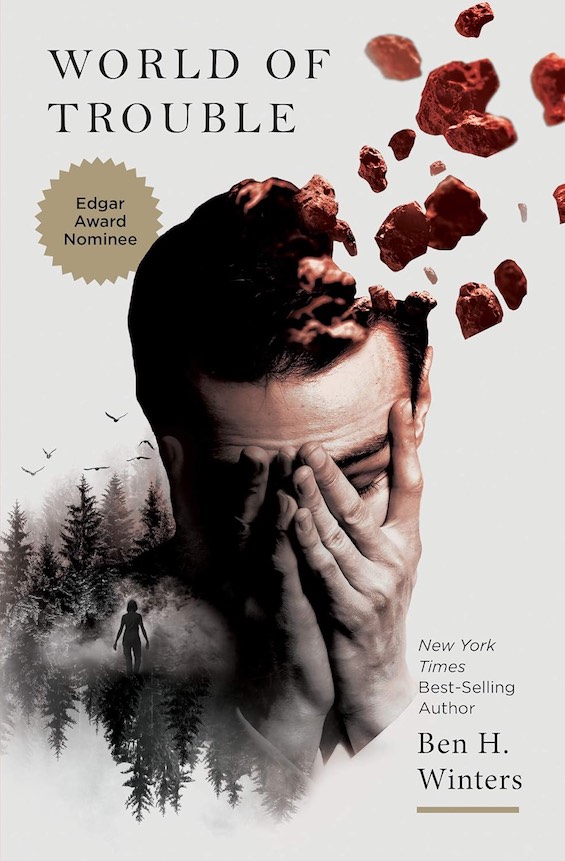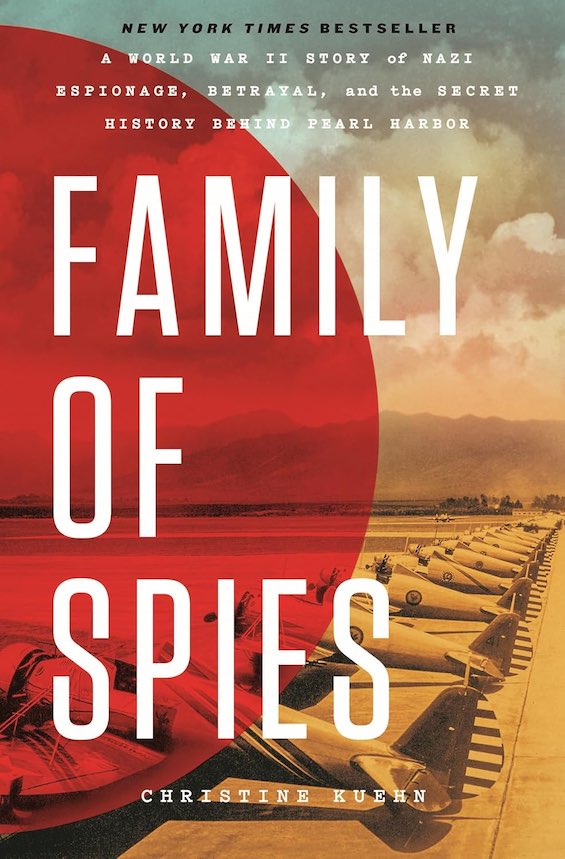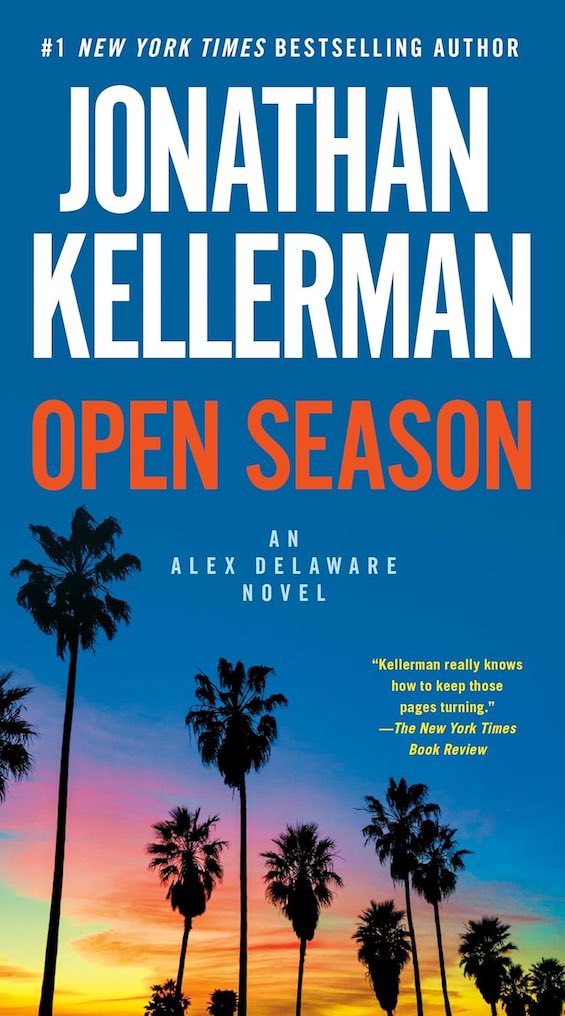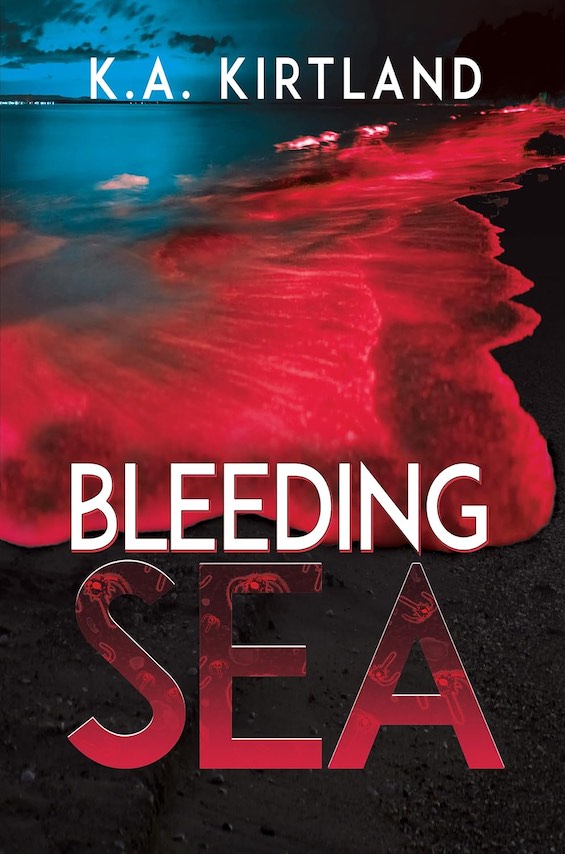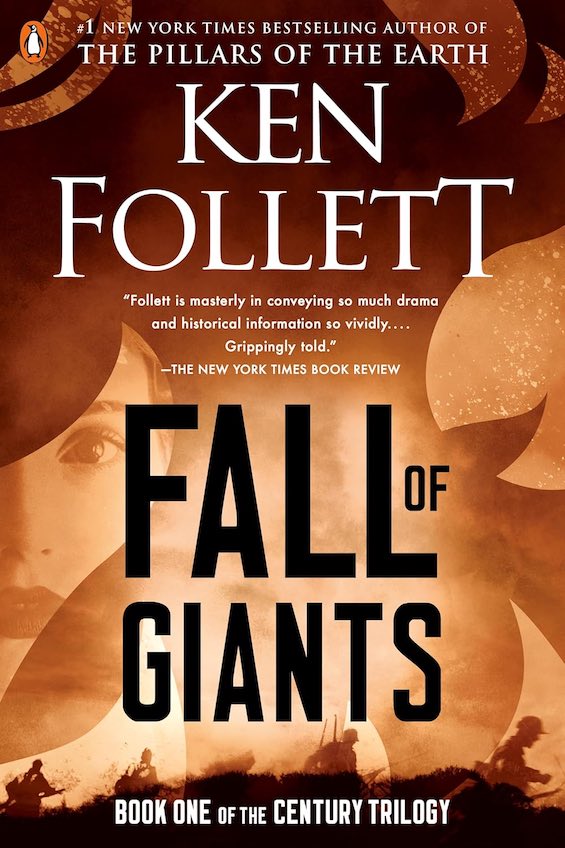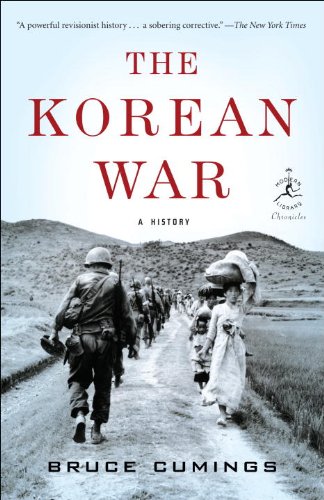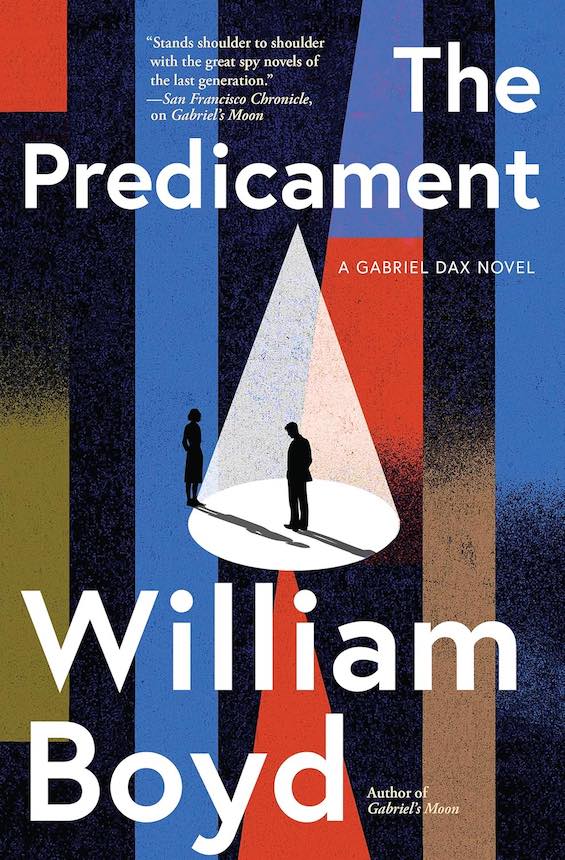Anyone who’s even dimly aware of events in China today understands that the country faces a host of pressing environmental challenges. For example, more than 100 of its cities languish under clouds of lethal air pollution. And “as much as 90% of the country’s groundwater is contaminated by toxic human and industrial waste dumping.” The latter is the underlying theme in the seventh novel in Qiu Xiaolong’s uniquely original series of mysteries featuring Chief Inspector Chen Cao of the Shanghai Police Bureau. When ordered to take a vacation on a lakeshore in the city of Wuxi (WOO-shee), he stumbles into a murder case that involves chemical dumping in the famously crystalline lake, now overgrown with green algae. Working undercover, Chen works with a local policeman to solve the murder. Meanwhile, he takes steps to expose the criminal dumping that has despoiled the lake.
On vacation, Chen investigates a murder
As you’re aware if you’ve read any of the preceding entries in this series, Chief Inspector Chen is a published poet. He’s also a “rising cadre” in the Communist Party, identified as a prospect for higher office. His patron is a retired senior official in Beijing. Now, around the turn of the 21st century, the old man insists that Chen replace him on a luxurious, two-week vacation in an exclusive resort for senior cadres. It’s on the shore of the famous Tai Lake.
Chen is reluctant to leave his work but has no choice. Bored with inactivity, he responds like the detective he is when he learns of the murder of Liu Deming. The victim is the general manager of the region’s largest chemical company, which is responsible for much of the pollution. Teaming with local detective Sergeant Huang Kang, a fan of his work and his poetry, Chen stays in the background, using him for the legwork.
The two detectives are up against Huang’s superiors in the Wuxi Police Bureau. But the real roadblock are the Internal Security officers who seize control of the case. Responding to political pressure, they have identified the killer as an environmental activist named Jiang. They allege he had feuded with Liu Deming about his company’s industrial dumping in the lake.
Don’t Cry, Tai Lake (Inspector Chen Cao #7) by Qiu Xiaolong (2012) 273 pages ★★★★☆
A whodunit interlaced with a love story and a political theme
Don’t Cry, Tai Lake is a whodunit. At first, the suspects in Liu’s murder include his wife, whom he may have been about to divorce, and Jiang. who was allegedly blackmailing the general manager. But Chen is skeptical. With Huang’s help, and some digging in Shanghai by his own partner at the Shanghai Police Bureau, Chen’s investigation turns up others who benefit from the man’s death. The top suspects are the assistant general manager who moves into the top job at the chemical factory and his “little secretary.” (“Nowadays a big boss, whether at a private or a state-run company, had to have a ‘little secretary’—a young girl who accompanied him in the bedroom as well as in the office.”) But the solution to the case doesn’t arrive until late in the day. The story is suspenseful to a fault before that point.
However, this novel is more than a simple whodunit pairing a brilliant detective with a crafty killer. In part, it’s a love story, as Chen falls for an attractive young woman who, like Jiang, is an environmental activist critical of the chemical company’s illegal dumping of its waste products. And the story offers opportunities for Chen (read: Qiu Xiaolong) to show off his command of classical Chinese poetry, and of his own. But, above all, Don’t Cry, Tai Lake, is an exposé of the Chinese Communist Party’s reckless disregard of the environment. The novel is a worthy extension of Qiu’s outstanding series of Inspector Chen mysteries.
About the author
Wikipedia describes Qiu Xiaolong as “a Chinese American crime novelist, poet, translator, critic, and academic.” And all those strands of his identity emerge clearly in the text of Don’t Cry, Tai Lake. Born in Shanghai in 1953, he has lived in the United States since 1988. In that year he traveled to St. Louis to write a book about T. S. Eliot. But he stayed after the Tiananmen Square Massacre, fearing arrest if he returned because of his foreign connections. Qiu had been a teenager and young adult during the Cultural Revolution and suffered greatly like millions of others. The event looms large in many of his Inspector Chen Cao novels. In addition to the 13 books to date in that series, Qiu has also written five other books and published seven volumes of Chinese poetry in translation.
For related reading
I’ve also reviewed seven of the other books in this series:
- Death of a Red Heroine (A gripping Chinese police procedural)
- When Red Is Black (This gripping crime novel shows China in transition)
- A Case of Two Cities (A detective investigates corruption in the Chinese Communist Party)
- A Loyal Character Dancer (In a Chinese murder mystery, the legacy of the Cultural Revolution looms large)
- Red Mandarin Dress (As China changes, a serial murder case challenges the police and the Party)
- The Mao Case (Hunting the ghost of Mao Zedong in 1990s Shanghai)
- Enigma of China (Politics intrudes as Inspector Chen investigates corruption)
And I’m reviewing the whole series in chronological order at The best Chinese detective novels.
Check out The best mystery series set in Asia and 30 insightful books about China.
You’ll find other great mysteries and thrillers at:
- 30 outstanding detective series from around the world
- Top 10 historical mysteries and thrillers
- Top 10 mystery and thriller series
- Top 20 suspenseful detective novels
And you can always find the most popular of my 2,300 reviews, and the most recent ones, on the Home Page.





